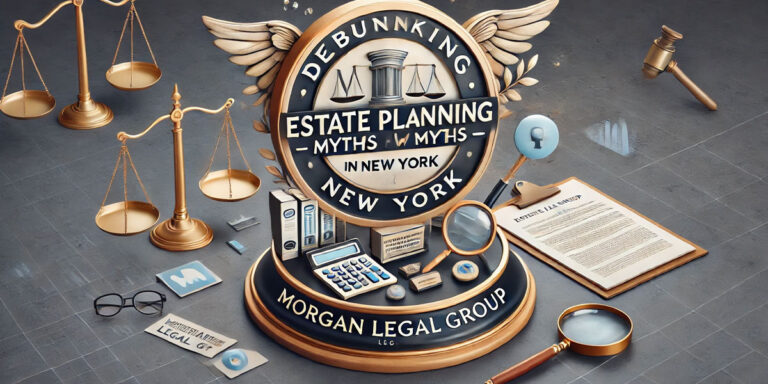
Debunking Misinformed Myths About Estate Planning With Reason
Debunking Misinformed Myths About Estate Planning in New York Estate planning is an essential process that ensures your assets, healthcare decisions, and personal wishes are


Home » Estate Planning Lawyer near me Queens » Page 7

Debunking Misinformed Myths About Estate Planning in New York Estate planning is an essential process that ensures your assets, healthcare decisions, and personal wishes are

Avoiding Estate Planning Mistakes Estate planning is an essential process that ensures your assets are distributed according to your wishes, minimizes legal complications for your
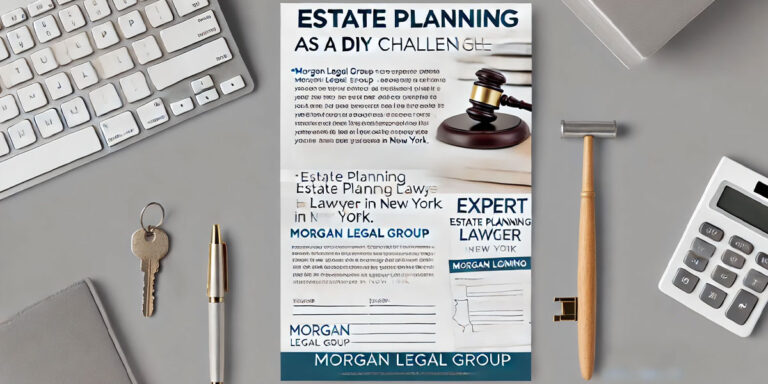
Estate Planning as a DIY Challenge in New York Estate planning is often perceived as daunting, but the rise of online resources and templates has

Estate Planning for Singles: Why It Matters in New York Living a bachelor’s life in New York offers unmatched freedom and independence. However, that independence

Understanding Estate Planning for Peace of Mind in New York Planning for the future may not always be the first thing on your mind, but

Understanding Presidential Powers Over the Federal Reserve With growing discussions around the President’s influence over the Federal Reserve, the question of whether a sitting president

Insights from Russell Morgan on the Supreme Court’s Future Amid Political Pressures Joining us today is Russell Morgan, founder and partner of Morgan Legal Group,

Who is a Probate Lawyer in New York, and Why Do You Need One? When a loved one passes away, their estate must be managed

Russell Morgan Shares Insights on Key Legal Issues Following Recent Elections Several significant races remain undecided in light of the recent elections, leaving the nation

Understanding Probate in New York Probate is a legal process that manages the distribution of a person’s estate after their passing. In New York, the

Cancel Culture: Legal Insight on Rosanna Pansino’s FBI Report Against MrBeast In the rapidly evolving social media landscape, allegations and accusations can surface quickly, often

Cancel Culture: Understanding the FTC’s “Click to Cancel” Rule and What’s at Stake On October 16, the Federal Trade Commission (FTC) introduced a significant new

2024 US Elections: Impact on Estate Planning in New York As the 2024 US elections approach, significant policy shifts that may directly affect estate planning
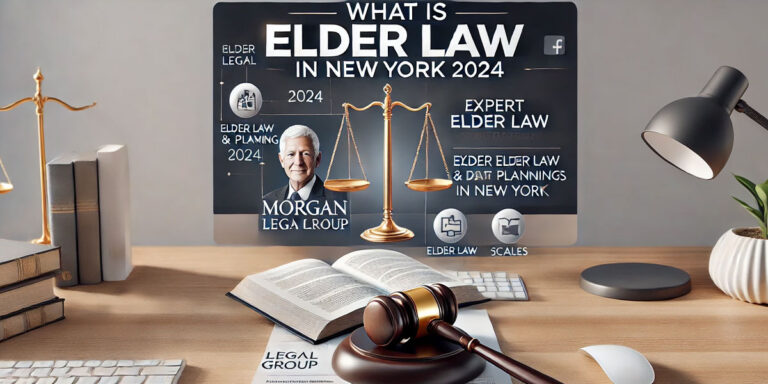
Understanding Elder Law in New York 2024 As individuals age, their legal needs evolve, requiring specialized expertise in areas affecting their health, assets, and legacy.

Estate Planning Mistakes and Misconceptions in New York Estate planning is essential for protecting your assets, family, and legacy. However, many individuals in New York

Understanding Trusts and Wills in New York: Essential Tools for Estate Planning Planning for the future requires careful attention to detail, especially when it involves

Discover expert guidance for Wills and Trusts in New York. Morgan Legal Group provides personalized estate planning for peace of mind.
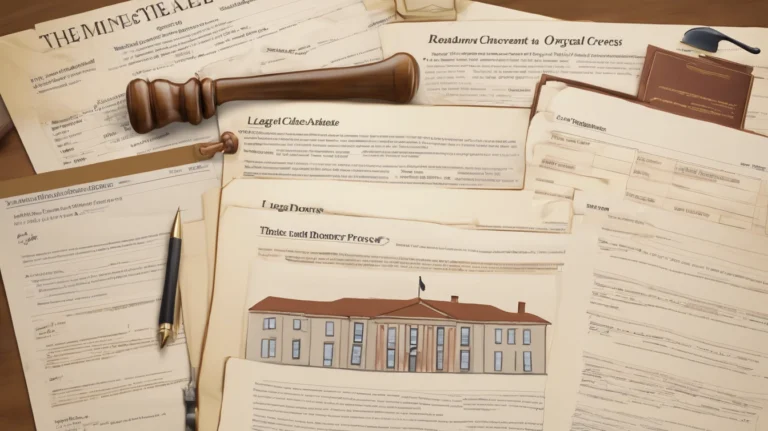
The Basic Steps of the Probate Process in New York While manageable, the probate process in New York is often complex and requires careful navigation,

Why You Need an Estate Plan Post-2013 Tax Act in New York 2024 The 2013 Tax Act significantly altered estate planning, particularly for residents in

Understanding Different Types of Wills in New York Wills are critical estate planning documents that allow individuals to express how they want their assets distributed

How to Keep Creditors Away in the Probate Procedure in New York The probate process in New York can be both complex and stressful, particularly
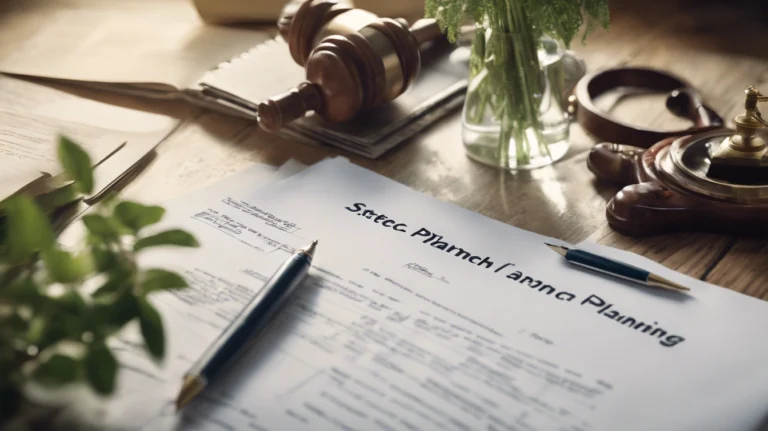
The Stretch IRA: A Simple Yet Powerful Estate Planning Tool Estate planning is a critical process that allows individuals to protect their assets and ensure

Estate Planning to Ease Your Mind Over the Holidays in New York The holiday season is a time for family, reflection, and making memories with

When it comes to estate planning, many people assume that fairness equates to an equal distribution of assets among their heirs. However, fairness in estate

Estate Planning: 12 Things to Do Before You Die in New York Estate planning is a crucial step in securing the future of your loved

Providing Personalized Estate Planning Services to Protect Your Loved Ones Estate planning is a crucial process that ensures your assets are distributed according to your

Common Probate Issues Probate is a legal process that occurs after an individual passes away, involving the distribution of their assets according to their will,

Estate Planning Tips in New York Estate planning is a vital process for ensuring that your assets are protected, your healthcare decisions are respected, and

Estate Planning for the Young, Rich, and Childless in New York When it comes to estate planning, many people believe it’s something to consider later

Guardianship Attorney in NYC In New York City, the need for guardianship arises when an individual can no longer make decisions for themselves due to
Ⓒ 2025 - All Rights Are Reserved | Privacy Policy | Estate Planning Attorney NYC | Sitemap